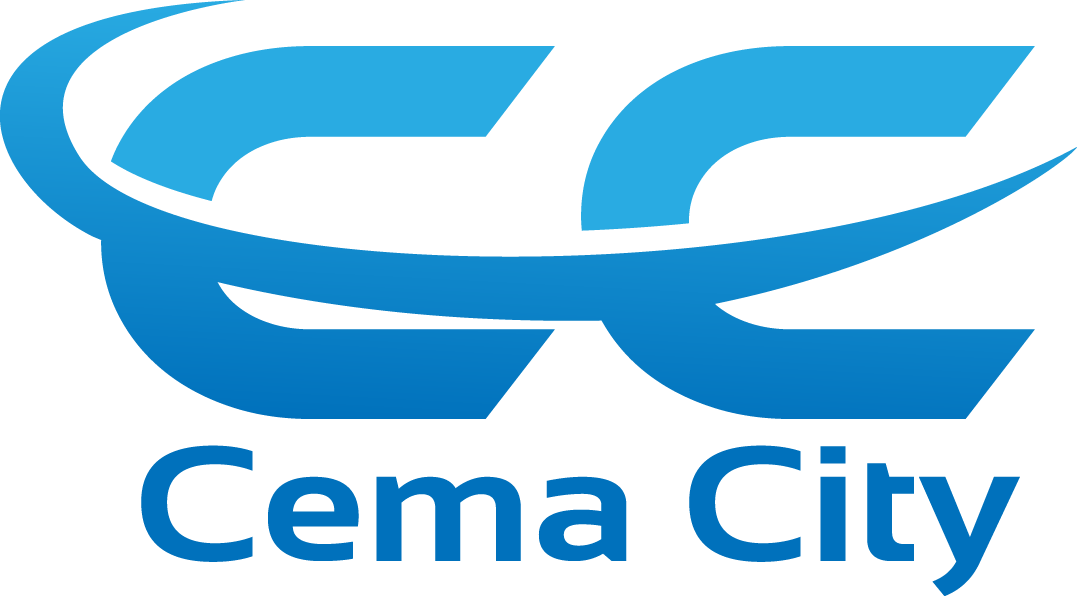Minnesota has a long history of leading the nation on waste and sustainability.
Through strong state policies, locally driven programs, and community-based initiatives Minnesota has created innovative solutions to reducing and discarding excess waste generation; recycling/repurposing items; and preserving our environment. These initiatives echoing the commitment of state towards a sustainable future which is going to drive economic activities without compromising with environmental concerns.
Policies at the State Level Leading to Waste Reduction
A robust regulatory framework guides Minnesota’s reduction efforts. Key policies include:
The WMA (Waste Management Act)
The Waste Management Act (WMA) became law in 1980 and ranked waste management practices by their desirability (reduction/reuse/recycling over disposal). As a result, this law has paved the way for action on waste reduction throughout the state.
Extended Producer Responsibility (EPR)
Minnesota has had EPR programs for everything from electronics to paint, and mattresses. Extended producer responsibility programs hold manufacturers accountable for the lifecycle of their products, pushing them to design items that can be sustainably recycled or disposed of.
Thresholds for Organics Recycling and Composting
Minnesota Statutes contribute to a shift in city and county programs like Ramsey County, encouraging the growth of organics collection. Through composting, organic wastes can reduce the amount of garbage going to landfills and become soil amendments high in nutrition that can be used in agriculture or landscaping.
Recycling Mandates
Some sectors in Minnesota, like construction and demolition (C&D), are required to recycle — and requirements to divert waste away from landfills for these large-scale projects continue to reduce their share of landfill waste.
Local Government and Community Programs
Hennepin County Zero Waste Plan
With its Zero Waste Plan, Hennepin County. which encompasses Minneapolis, is taking the lead. The program plans to redirects 90% of waste away from landfills and incineration by 2030 through various actions, including expanding curbside recycling, funding reuse programs, and creating a public awareness campaign.
Twin Cities Organic Waste Recycling
Curbside organics recycling for food scraps and yard waste is offered in many suburbs throughout the Twin Cities. Composting facilities take this organic to create compost products, avoiding landfills which cause methane emissions.
Free Market Programs
Free market programs to swap items are organized by the community for the community. Hennepin County’s “Fix-It Clinics” encourages residents to fix broken items such as electronics and clothing instead of throwing them away, which not only decreases waste but also promotes a culture of reuse.
Initiatives for Business and Industry
Corporate Programs for Sustainability
Some Minnesota companies, including Target and 3M, are working towards reducing waste, including metal waste. Those companies have implemented zero-waste policies that focus on reducing waste, recycling and creating sustainable packaging.
Green Building Practices
Green building is becoming more ingrained in the construction sector within Minnesota to reduce C&D waste. Many projects also incorporate features such as recycled materials and on-site waste separation.
Food Waste Reduction
Combating food waste through partnerships with the private sector, non-profits dumpster rental services and the state government Well, initiatives like Second Harvest Heartland help salvage excess food from retailers and share it with people who need it, thereby fighting waste as well as hunger.
Educating and Raising Awareness among the Public
Minnesota puts significant emphasis on educating its residents about waste reduction. Media campaigns focus on:
Information: We educate residents on which materials belong in the recycling bin that will limit contamination.
Workshops on composting: Assist homeowners in creating backyard systems for their own composting.
Promotion of Reuse: Use of reusable bags, water bottles, etc.
Such campaigns also play an important role in creating a culture of sustainability and enabling people to support for reduced waste generation.
Technological Advancements in Waste Disposal
Now — Minnesota uses technology to support their waste reduction programs:
Smart Waste Collection
Other cities such as Minneapolis are using data-driven systems to reduce the fuel consumption and operation costs of waste collection routes.
Technologies of Advanced Recycling
In Minnesota, facilities are implementing chemical recycling processes to use these hard-to-recycle plastics and instead turn them into raw materials for the manufacturing process.
Anaerobic Digestion
Anaerobic digestion plants clean organic residuals to generate the renewable energy biogas and nutrient- rich digestate used in agriculture.
Challenges and Opportunities
Though, to give some examples here is what Minnesota of local issues:
- Impurities in Recycling Streams
- Recycling programs run less efficiently due to improper sorting. Ongoing education and upgrades in technology will help solve this problem.
Lack of High-Quality Infrastructure in Rural Regions
The Twin Cities may dominate in waste reduction programs but recycling and compost facilities are scarce, if nonexistent in rural communities. Finally, we need to get the infrastructure built across the state to be able to expand.
Adapting to Market Changes
Changes in recycling markets both globally, including China no longer taking imported recyclables for processing have affected how the state of Minnesota handles its waste management systems. To offset those impacts, the state is also investing in domestic processing capabilities.
Future Outlook for Waste Management in Minneapolis
Minnesota leads the sector in sustainability with a myriad of different waste reduction initiatives. The state is undoubtedly leading on trash, combining good policy, community organizing and technology to tackle its waste problem. With the expansion of infrastructure and widespread consumer awareness, Minnesota can achieve its lofty zero-waste goals, making for a better future for all citizens.
